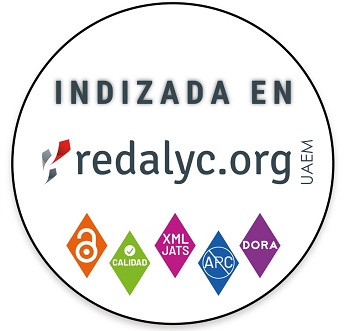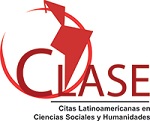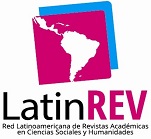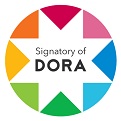Thinking style of teacher education students on how to respond to stress
DOI:
https://doi.org/10.26490/uncp.horizonteciencia.2023.25.1791Keywords:
Thinking style, personality traits, stressAbstract
Thought being the invisible source of problems that affect our lifestyle, for being ruminates or pessimists; Given this, it is necessary to learn to take care of ourselves and protect ourselves from these automatic patterns that damage our health. These personality traits have a genetic component; That is why childhood traumas frequently generate negative thoughts, becoming habits for our entire lives. In this context, the purpose of the research was to determine the thinking style that affects how to respond to stress in initial teacher training students; For this, 143 students of the Primary Education Study Program have been selected as research subjects; A descriptive and exploratory study was assumed, under the interpretative-hermeneutic methodology, using a self-assessment questionnaire on thinking style. The results obtained indicate that the students present very pessimistic, half-hostile and little rumination traits, which makes the students vulnerable in the way they respond to stress in times of quarantine, feel little purpose in life, letting them have a healthy lifestyle, physiological health and stress resistance.
Downloads
References
Barrientos, P. (2018). Modelo educativo y desafíos en la formación docente. Horizonte de La Ciencia, 8(2413-936X), 175–191. https://doi.org/: https://doi.org/10.26490/uncp.horizonteciencia.2018.15.462
Barrientos, P., & Blancas, E. K. (2017). El saber pedagógico en la práctica de la enseñanza. Una reflexión crítica del proceso de construcción del saber educar. Perú Graph SRL., Ed. Primera. Huancayo, Perú.
Blackburn, E. & Epel, E. (2017). La solución de los telómeros. Vivir más joven, más sano y más tiempo. Buenos Aires, Argentina. Penguin Random House Grupo Editorial.
Blaschke, J. (2009). Somos energía. El secreto cuántico y el despertar de las energías. Barcelona, España. Universum Robin Book.
Comín, E., De la Puente, I. & García, A. (s/f). el estrés y el riesgo para la salud. Madrid, España. Edita: MAZ. Departamento de prevención.
Gallegos, R. (2001). Una visión integral de la educación. (S. A. Royal Litographics, Ed.) (Primera ed).
Gallegos, R. (2003). El espíritu de la educación. Integridad y trascendencia en educación holista. (S. A. Royal Litographics, Ed.) (Seguna Edic.). Guadalaja, Jalisco - México.
Seelbach, G. A. (2013). Teorías de la personalidad. México, Red Tercer Milenio S. C.
Solá, D. (2016). Del caos emocional a la paz interior. Cómo lograr una sanación integral. España, Tyndale House Publishers.
Downloads
Published
How to Cite
Issue
Section
License

This work is licensed under a Creative Commons Attribution-NonCommercial 4.0 International License.



















